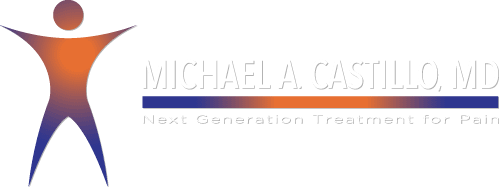Multivitamins May Reduce CIPN
Women who take multivitamin supplements before their breast cancer diagnosis and during chemotherapy appear to be less likely to develop the debilitating, often long-lasting symptoms of chemotherapy-induced peripheral neuropathy (CIPN), according to a new study. In a large study of breast cancer patients undergoing paclitaxel chemotherapy, those who used multivitamins were about 40% less likely to suffer sensory loss. The researchers published their results online ahead of print in the Journal of the National Cancer Institute. “Our study showed that use of multivitamin supplements, but not specific vitamins, was associated with less neurotoxicity. This was true for use before diagnosis and, to…

